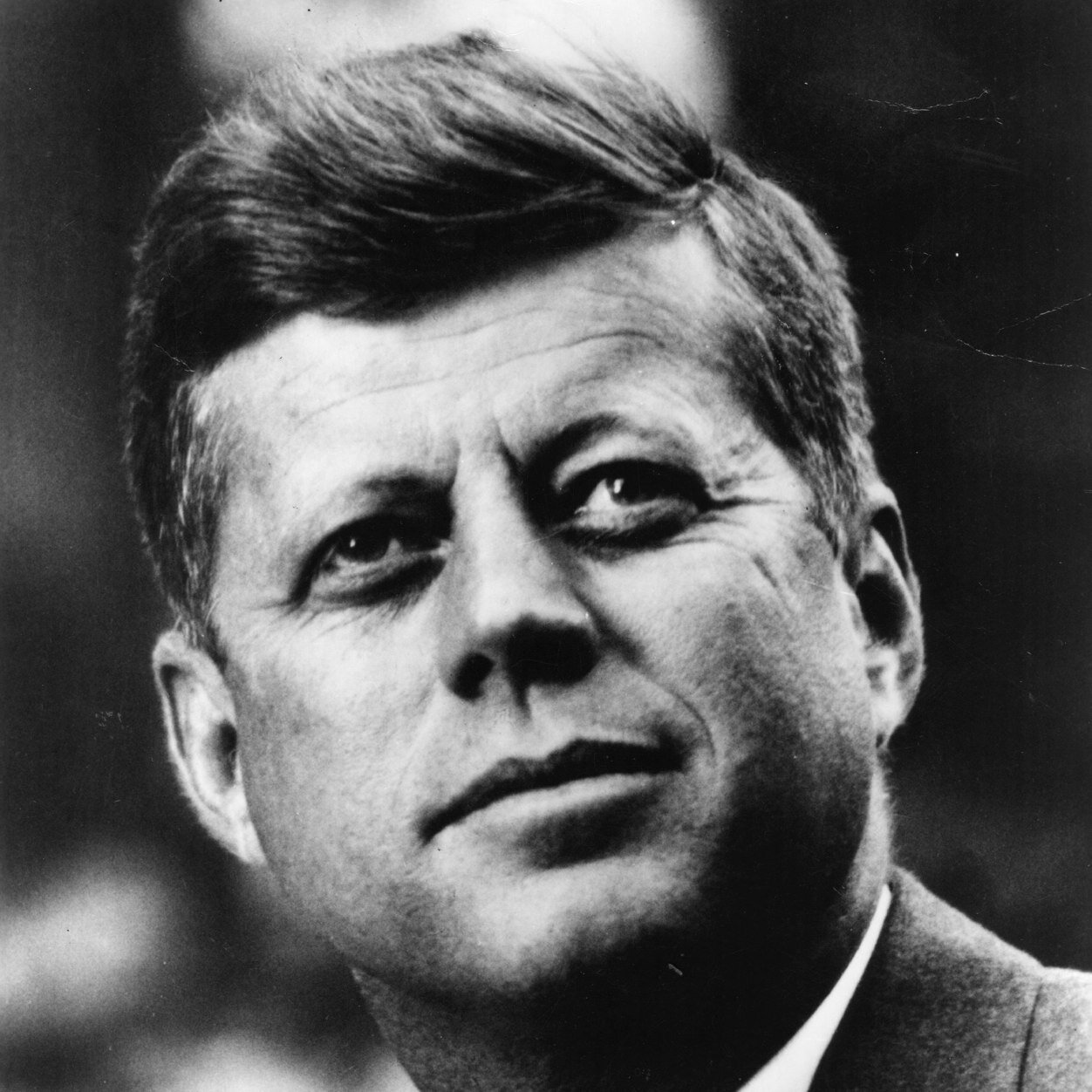The 1960s was a transformative decade that reshaped the social, political, and cultural landscape of the world. This era witnessed significant movements, revolutionary ideas, and influential leaders who left an indelible mark on history. In this article, we will delve into the lives and contributions of three important figures from the 1960s: Martin Luther King Jr., John F. Kennedy, and The Beatles. Each of these individuals played a crucial role in their respective fields, influencing millions and changing the course of history.
The 1960s was characterized by the civil rights movement, the space race, and an explosion of cultural phenomena. The figures we will explore not only symbolize these movements but also embody the spirit of hope, change, and progress that defined the decade. Their legacies continue to resonate today, reminding us of the power of leadership, creativity, and activism.
As we journey through the lives of Martin Luther King Jr., John F. Kennedy, and The Beatles, we will uncover how their actions and ideas contributed to a legacy that shaped modern society. Let’s begin by examining the life and impact of Martin Luther King Jr., a pivotal figure in the fight for civil rights.
Table of Contents
- Martin Luther King Jr.: The Voice of a Movement
- John F. Kennedy: The Visionary Leader
- The Beatles: Revolutionizing Music and Culture
- Conclusion
Martin Luther King Jr.: The Voice of a Movement
Martin Luther King Jr. was born on January 15, 1929, in Atlanta, Georgia. As a prominent leader in the American civil rights movement, he fought tirelessly for racial equality through nonviolent protest and civil disobedience. His philosophy was greatly influenced by Mahatma Gandhi's principles of nonviolence. King’s most notable moment came during the 1963 March on Washington, where he delivered his iconic "I Have a Dream" speech, calling for an end to racism and for civil and economic rights.
His efforts led to significant legislative changes, including the Civil Rights Act of 1964 and the Voting Rights Act of 1965. King was awarded the Nobel Peace Prize in 1964 for his nonviolent struggle for civil rights. Unfortunately, his life was cut short when he was assassinated on April 4, 1968, but his legacy continues to inspire movements for justice and equality around the world.
Key Contributions of Martin Luther King Jr.
- Advocated for nonviolent resistance against racial segregation.
- Organized pivotal events such as the Montgomery Bus Boycott and the Selma to Montgomery marches.
- Influenced the passage of landmark legislation promoting civil rights.
- Continued to inspire generations through his writings and speeches.
John F. Kennedy: The Visionary Leader
John F. Kennedy, the 35th President of the United States, served from January 1961 until his assassination in November 1963. Born on May 29, 1917, Kennedy's presidency was marked by significant events such as the Cuban Missile Crisis, the establishment of the Peace Corps, and the advancement of the space race. His vision for America was encapsulated in his famous inaugural address, where he urged citizens to "ask not what your country can do for you—ask what you can do for your country."
Kennedy’s leadership during the Cuban Missile Crisis is often credited with preventing a potential nuclear war. His commitment to civil rights and his efforts to promote equality were also significant during his presidency, paving the way for future legislation, although he faced considerable opposition. Tragically, Kennedy was assassinated on November 22, 1963, in Dallas, Texas, leaving a profound impact on the nation and the world.
Key Contributions of John F. Kennedy
- Promoted the New Frontier program aimed at increasing social welfare and civil rights.
- Established the Peace Corps to promote peace and friendship worldwide.
- Navigated the Cuban Missile Crisis, showcasing decisive leadership.
- Championed the space race, leading to significant achievements in space exploration.
The Beatles: Revolutionizing Music and Culture
The Beatles, composed of John Lennon, Paul McCartney, George Harrison, and Ringo Starr, emerged as one of the most influential bands of the 20th century. Formed in Liverpool in 1960, they revolutionized music with their innovative sound and songwriting. The Beatles became a symbol of the counterculture movement of the 1960s, influencing not just music, but fashion, attitudes, and lifestyles.
Their debut album, "Please Please Me," released in 1963, marked the beginning of Beatlemania. The band continued to push boundaries with albums like "Sgt. Pepper's Lonely Hearts Club Band," which is often regarded as one of the greatest albums of all time. The Beatles used their platform to address social issues, challenge the status quo, and promote peace and love. Despite disbanding in 1970, their impact on music and culture remains enduring.
Key Contributions of The Beatles
- Innovated music production and songwriting techniques.
- Popularized the concept of the concept album, changing how music was created and consumed.
- Influenced social and cultural movements, becoming icons of the 1960s.
- Continued to inspire generations of musicians and artists.
Conclusion
In summary, the 1960s was a decade marked by monumental change and influential figures who shaped the course of history. Martin Luther King Jr. inspired a generation to fight for civil rights through nonviolent protest. John F. Kennedy provided visionary leadership during a critical time in American history, while The Beatles transformed music and culture in ways that continue to resonate today.
As we reflect on the legacies of these important figures, let us remember the power of activism, leadership, and creativity. Their stories encourage us to take action in our own lives, whether through advocacy, creativity, or simply by embracing the ideals of peace and equality. We invite you to share your thoughts in the comments below, and don’t forget to explore more articles on our site!
Thank you for reading, and we hope to see you back here for more insightful content.


